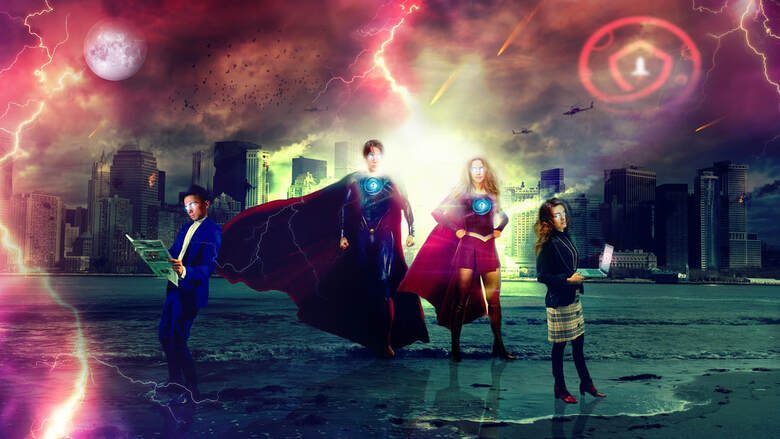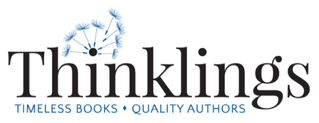|
March is National Women’s History Month. We’re a company founded by women, and (currently) most of our authors happen to be female. We adore strong female protagonists—and we’ve got a lot of those in our books. Two weeks ago, we heard from Sarah about her favorite women authors. Today, Deborah talks about how to write gender well (and mentions her favorite women authors at the end). Take it away, Deborah. . . . How do you write a good female (or male) character? Well, let’s start with this: what makes a good character? I’d like to give two examples of what I think are really excellent protagonists: S---- is a young adult who likes to feed people and read about the supernatural. Then one day, supernatural evil kidnaps S----, along with S----’s mortal enemy. Against impossible odds, using a combination of patience, cleverness, and invented magic, S---- escapes, going to extremes to also rescue the mortal enemy. L---- is a young adult with great grades and a bright future. Then one day, L---- discovers a calling to fight crime, though at great personal danger. Almost immediately, L----’s mortal enemy appears out of nowhere, credibly proclaiming that he is going to track down and kill L----. In response, L---- swears to track down and defeat the mortal enemy first. Both of these are extremely strong personalities who stand up to fight against impossible odds. One is male and one is female. Neither’s gender has anything to do with making them a great protagonist. (Incidentally, S---- is the titular protagonist of Robin McKinley’s Sunshine and L---- the protagonist of Death Note, Light.) Now, don’t get me wrong: gender is important. How we relate to the world—how we react and how we are reacted to—is heavily influenced by gender. So yes, Sunshine being female and Light being male does impact how they go about their actions. But you know what else impacts them? Sunshine is post-apocalyptic American; Light is Japanese. Sunshine barely scraped through high school; Light is an unmatched genius. Sunshine grew up with a baker mother; Light grew up with a police chief father. Sunshine is a genuinely nice human being; Light is . . . bored. One big mistake both male and female writers make is thinking gender=good character. In fact, gender alone is only a character attribute. So writing gender=character is like writing squirrel=forest. Yes, there are squirrels in forests . . . and the presence of squirrels does impact the ecology and aesthetic of a forest . . . but aren’t you forgetting, say, the trees? So in answer to the above: how you write good male and female characters is by . . . writing good characters. Who are male and female. And other things, also. P.S. - My favorite women authors are Diana Wynne Jones, Jane Austen, and Vivian Vande Velde. Jones and Vande Velde truly understand magic, and Austen is hilarious and incisive. As an Amazon associate, we earn from qualifying purchases. Sign up for our newsletter to receive awesome fantasy and sci-fi book recommendations twice a month!
0 Comments
Your comment will be posted after it is approved.
Leave a Reply. |
Archives
July 2024
Categories
All
|
As an Amazon Associate, we earn from qualifying purchases.


 RSS Feed
RSS Feed
